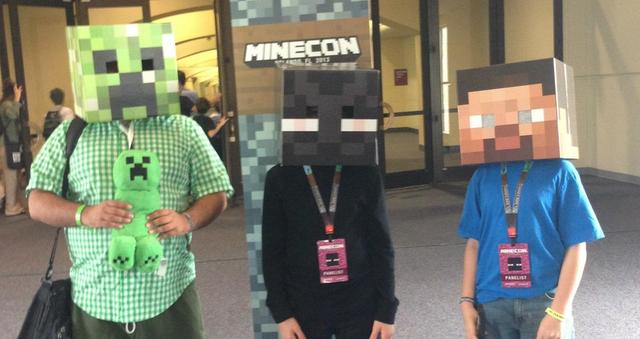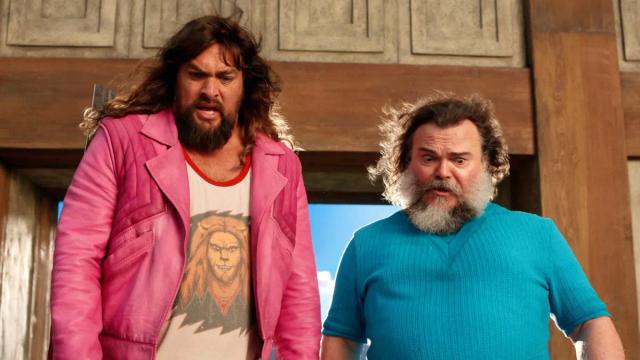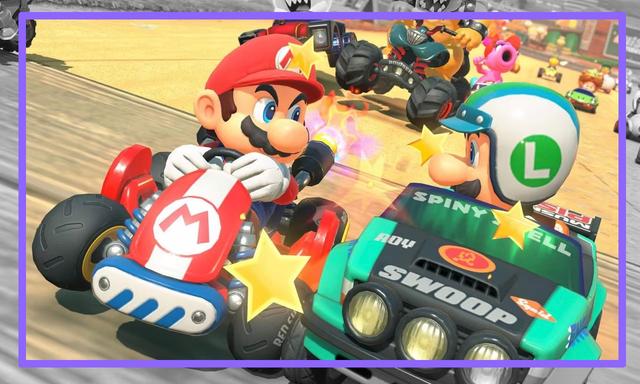If you click on a link and make a purchase we may receive a small commission. Read our editorial policy.
No, Taika Waititi will not save us
It's time to stop worshipping artists and start treating them like real people.

I really enjoyed HBOMax's Our Flag Means Death.
It's a delightful confectionary of a show, and it's made almost completely of heart, which is something I tend to gravitate towards in comedy. I'm happy that so many people are excited about the show, but the rising frenzy around it and particularly around executive producer Taika Waititi (who also plays Blackbeard on the show) has gotten me a little nervous.
Now there's nothing wrong with going all out for a show. I am a big hyper-fixater myself, and I understand the fun of something new taking over your life. I also know what it's like to see yourself in popular media for the first time. But as the hype around Our Flag Means Death continues to build, I've seen a lot of worrisome takes going around about how Taika Waititi is somehow going to singlehandedly pave the way for queer/non-binary/fat/non-toxic-masculine representation in popular media.
I think it's time to push back against the idea that any single artist can or should be the future of [insert media sphere here]. The most immediate comparison for this rising obsession with Waititi-as-Savior is how people treated Lin-Manuel Miranda in the years following Hamilton. People swore that the was going to change the world and stick it to the mass media machine. Then, when he made a poor choice in casting In the Heights, he was buried under a torrent of vitriolic online abuse. Accusations were bandied at him from all corners, accusing him of using black actors "for clout" in Hamilton and calling him "practically white" and stating that he was "never any good anyway."
There is a danger to putting people on pedestals, and it's not just the people on the pedestals who are in danger, though I do think that matters too. Our habit of judging artists not by how they respond to their mistakes but whether they've made mistakes at all is harmful to our realistic expectations of community and what happens after a person makes a misstep. It's the end of a conversation instead of the start of one.

Our online community's pattern of completely shunning any artist who makes a mistake most likely comes from the urge to enjoy 'unproblematic art' at all times. This instinct to find a safe and harmless kind of media to love makes some sense— we want to be responsible in our media consumption, after all. But this kind of outlook centers ourselves as arbiters of problematic and unproblematic in our every interaction with a work instead of looking towards nuance and reality. Art can be uncomfortable or hold uncomfortable aspects and still hold value. A work of art can provide great representation of one community but also overlook or even be harmful to another community. These truths can and should be held at the same time.
By ignoring or disparaging art that has any sort of 'problematic' aspect, we hold ourselves back from having to interact with work critically. A movie that is 'problematic' over a small aspect or detail is often deemed unworthy of being watched, and more extremely, treated as if it were a completely harmful or purposefully bigoted work of art. Similarly, there's a lack of differentiation between the treatment of artists who have made mistakes or said something unpopular and artists who are outright, regularly, and unapologetically harmful.
Because we ignore so much 'problematic' art, when we come across something that seems to pass all our tests with flying colors, we worship it and cling to it as if it is a lifeboat, as if having this one thing is going to sustain us. Our denial of non-perfect (seemingly and in the moment) works of art also leads to an ahistorical treatment of art like Hamilton and Our Flag Means Death, which have both been treated as revolutionary and the first of their kind. In certain ways, both works are radical, but definitely not in all ways they've been treated as revolutionary (Hamilton was in no ways the first mostly-POC Broadway cast, and Our Flag Means Death is definitely not the first TV depiction of older queer men in a romantic context).
This ahistorical take ignores the attempts (even the successful ones) of the past, as new ‘more perfect’ (and oftentimes more sanitized and popularly accessible) shows come onto the scene and are relabeled as the ‘firsts’ that they are not. Along the way, we lose the rich history of queer media, and the wonderful art that other queer artists have created (that also make up the bulk of queer media), as we focus on these few chosen highlights, which we lay every possible laurel we can think of upon.

Most art is not the first at what it does, and most art isn't revolutionary, even when it has a widespread influence and appeal. We shouldn't expect perfection or revolution to enjoy and love something. Plus, there will never be a work of art that is perfect, that satisfies all viewers— and perfect, all-encompassing representation in a perfect happy work of art should not be an end goal.
We want more queer art, not a small handful of ‘safe’ viewing. Likewise, it's too much to expect any one person (or show or movie) to carry all the weight of an entire community's expectation. We want more artists, with all their flaws and attempts to be better, making the most interesting and daring art they can make.
Neither Miranda nor Waititi have labeled themselves as groundbreaking or harbingers of a better future, but because others have labelled them this way, they are given the nerve-wracking role of idol. And idols aren't allowed to mess up. They're not allowed to make mistakes. They're supposed to be perfect and flawless for us to worship. And if they do make mistakes, they reflect poorly on us for backing the wrong person, and so we feel betrayed, when really, our attention should be upon those who were actually hurt by any harmful actions made.
The response to Will Smith's behavior at the Oscars highlighted this effect too as people (including established actors and writers and directors) cried about how Smith's behavior ruined their childhood and his role model status for their children. But my question is: why is Will Smith responsible for our childhoods? Why does he have a responsibility to be a role model for our children? Why are we even mentioned as 'victims' in response to what happened? We were not there. We do not know him. We were not the ones being slapped.
It is natural to center our own experiences—our first perspective is always of how something influences us, but that doesn't mean it should be our last or the most important. Beyond all this, it must be said that white actors and writers and directors are allowed a lot of leeway to say and do questionable (and often downright terrible) things without having their public persona torpedoed, and that same grace is rarely afforded for artists of color, who are expected to be paragons of virtue in their actual lives as well as in their art.
This isn't to say that we should ignore the errors of artists of color or that Waititi or Miranda haven't made mistakes. People have genuine concerns about both creators' work, especially black critics who have criticisms about projects like In the Heights, Hamilton, and Reservation Dogs. And there's nothing wrong with being put off or not liking the work of these artists. But there is a difference between real criticism or dislike and the intense public reaction to Lin Manuel Miranda post-In the Heights. And it's easy to imagine the very same thing happening to Taika Waititi if (but really when) he makes a misstep.

There is always room for growth, and as artists of color begin to see some more mainstream success, it's easy to lean on them as our saviors, and for us to be disappointed when they do not save us. As people speculate about the second season of Our Flag Means Death and how Thor: Love and Thunder will play out, I worry about Waititi, who I know will somehow be held responsible if those projects don't turn out just the way people want them to.
We must have a more complicated relationship with our art, instead of labelling works as problematic or unproblematic, genius or not worth our time. This doesn't mean that we must forgive everything and watch everything, no matter how harmful the art is—we must all make our own decisions about how we interact with art. But it does mean that we need to understand that our heroes are people, and people are fallible. And when we begin to worship our favorite artists as flawless creators, we're simply setting them up to fail.
I want everyone to have a chance to grow, to experiment, to try and be better. Yes, that includes artists being held accountable for any harm they cause, but we can't keep turning against people when the projects start to feel just a little stale, or when a beloved ship doesn't turn canon, or when someone doesn't give the right answer in an offhand interview.
Taika Waititi is a really cool artist making really cool art, and if you love it, that's great. But he's not a messiah. He's not a saint. And he's not here to fulfill what you want, when you want it, and how you want it. Nor should he be.
Our Flag Means Death has been renewed for a second season. Read all about it here.
Follow Popverse for upcoming event coverage and news
Find out how we conduct our review by reading our review policy
Let Popverse be your tour guide through the wilderness of pop culture
Sign in and let us help you find your new favorite thing.
















Comments
Want to join the discussion? Please activate your account first.
Visit Reedpop ID if you need to resend the confirmation email.